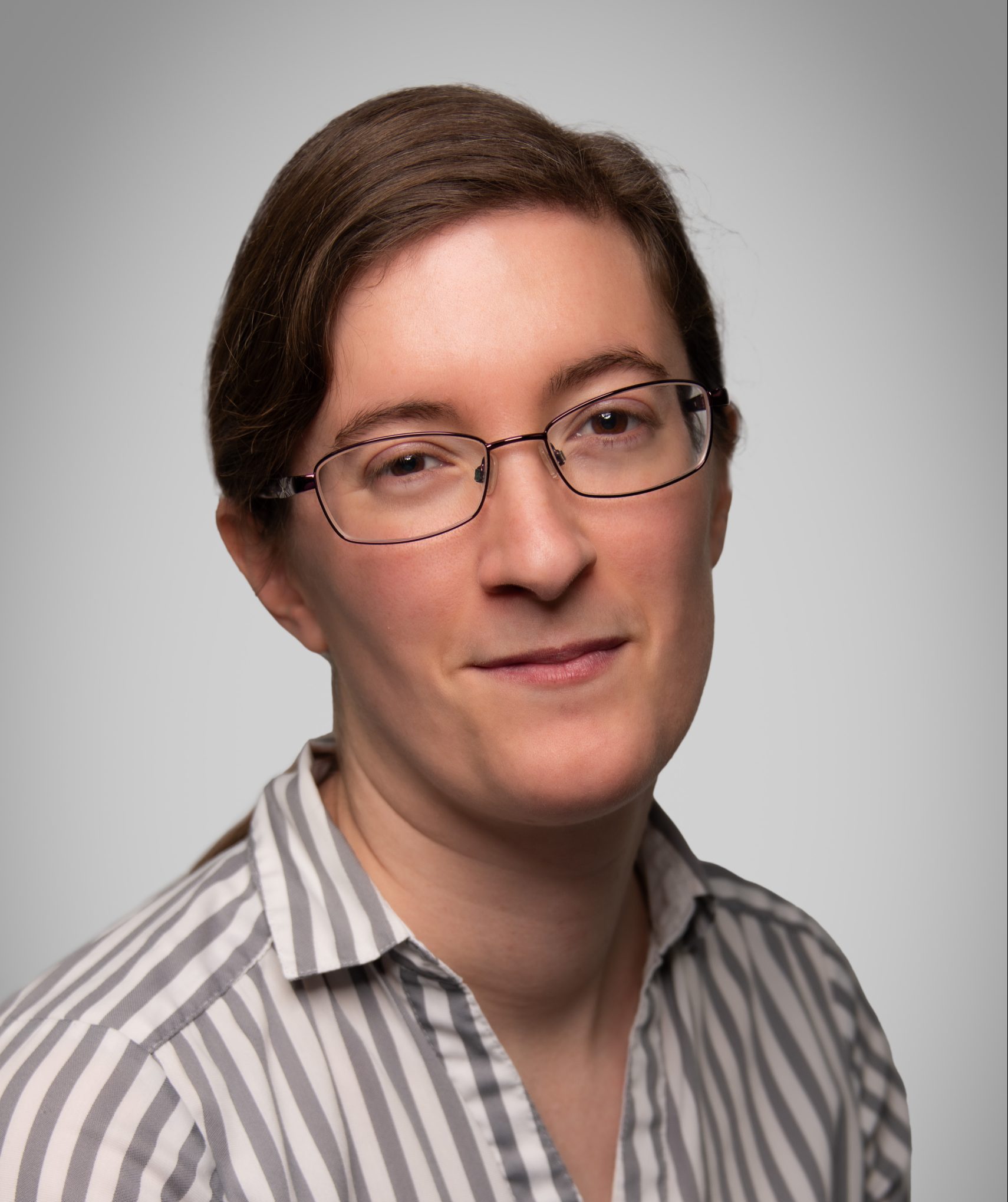


Bethan Roullier
Head of BD Grants
What is the Investment accelerator: innovation in precision medicine competition?
This is an opportunity for your company to receive 100% grant funding for proposals that offer a disruptive change to the way that disease is accurately diagnosed, monitored and treated. You project can cost anywhere between £500,000 and £1.5 million, and last up to 24 months.
This competition is looking to fund projects that include at least one of the following:
What is meant by the term ‘Precision Medicine’?
Innovate UK define precision medicine as ‘technology that enables early and accurate diagnosis to inform patient treatment, as well as the availability of targeted therapies’. This includes combining clinical biomarker knowledge with advances in diagnostic technologies, data analysis and tailor-made therapeutics.
Here’s some real-world examples of projects that have been successful in previous Precision Medicine grant funding competitions:
How can you improve your chances of being awarded grant funding?
Having a robust scientific evidence base is an absolute must for this competition – your application must pass a rigorous technical assessment before it gets passed to the investment panel. Be sure to include high-quality, peer reviewed background research where you can. Don’t be afraid of sharing your proprietary technical data with the assessors – everything you disclose is classed as ‘commercial in confidence’ – as such, this means it is not classed as public disclosure, and will not affect any future intellectual property filings.
Explain carefully what your innovation is using plain English where you can – do not assume the assessor has in-depth knowledge and use acronyms or jargon that wold not be understandable to others outside your field. The more easily you can explain your innovation, the better chance you have of the assessors fully understanding your solution and seeing why it is ground-breaking as you think it is!
How can TBAT help you?
TBAT has a team of grant writing experts with over 40 years’ combined experience of writing proposals for scientific R&D projects in a variety of fields, including medtech (you can see more about our team here).
We offer a grant-review service for clients who prepare their own proposals, and will offer structured advice on how to turn a document into a high-quality proposal. We will give honest feedback to ensure the proposal stands the best chance of success.
However, our most common mode of working is to take on full writing of the application; this is often where clients simply haven’t the internal time/resource needed to dedicate to producing a competitive application.
What if I’ve already done research in this area?
If you have already invested time and money into developing a solution for Precision Medicine, then you could well be able to claim money back from HMRC in the form of an R&D Tax Credit. Our specialist team can assess your spending for up to two full previous business years to calculate the refund due – this can be taken as a tax credit off your next tax bill, or as a direct cash injection into the business now.
What should I do next?
Please call us on 01332 819740 to discuss applying for grant funding or claiming R&D Tax Credits with our specialists, or drop us a line using our contact form, and we’ll get straight back to you.
Amid ongoing economic challenges, the UK’s Invest 2035 strategy offers a bold, long-term vision for national growth. This article explores the UK government’s Invest 2035 industrial strategy and its implications for innovative SMEs. Covering funding access, skills development, global trade opportunities, and policy stability, it outlines how small and medium-sized businesses can position themselves to benefit from the decade-long plan.

Applying for the EIC Accelerator can be a game-changing opportunity for startups and SMEs with breakthrough innovations, but the process is complex and highly competitive. We highlight common mistakes applicants make, such as unclear innovation narratives, weak commercialisation strategies, and poor preparation, and provide practical advice on how to avoid them.

Assists organisations in accessing research and development grant funding across a range of UK and EU schemes and industry sectors.
Get In Touch